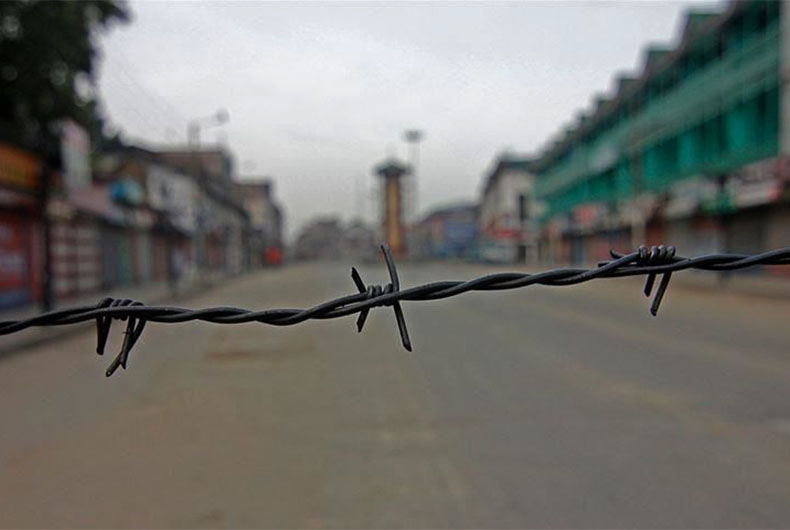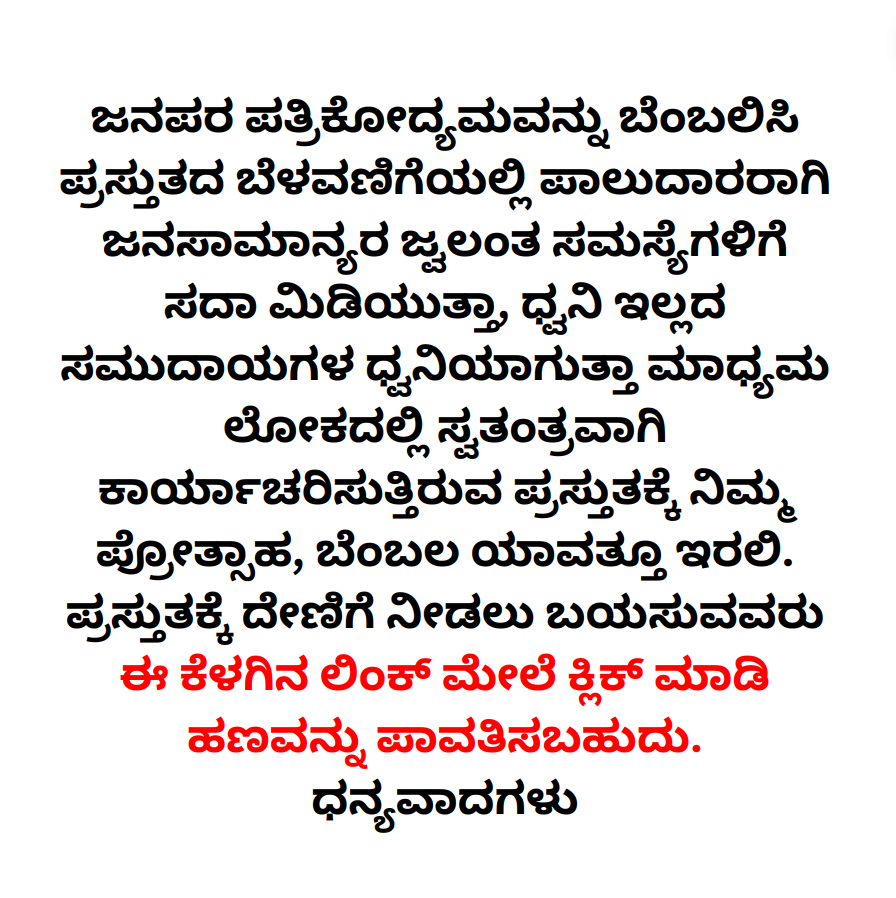Since the revocation of Jammu and Kashmir’s special status by the Indian government led by Narendra Modi back in 2019, the latest change comes in the form of this merger between the J&K cadre and AGMUT–Arunachal Pradesh, Goa, Mizoram, and all Union Territories.
During the first week of January, the government of India combined the Jammu and Kashmir civil services cadres with the AGMUT, including the Indian Administrative Service (IAS), the Indian Police Service (IPS), and the Indian Forest Service.
With the AGMUT working under the Central Government, all the civil services officers of J&K will have to follow suit to operate in accordance with the regulations dictated by the Centre. Previously, the Jammu and Kashmir cadre fell under the direction of the state government.
According to the Hindustan Times report, in the backdrop of the notification signed by President Ram Nath Kovind, which was issued by the Ministry of Law and Justice, the Jammu and Kashmir’s existing cadre members of IAS, IPS, and the Indian Forest Service will henceforth become part of the AGMUT cadre
At present, the civil service officers of the three states and all Union Territories, which fall under the AGMUT will be posted in Jammu and Kashmir as AGMUT now includes Jammu and Kashmir and Ladakh UTs. Likewise, the officers of Jammu and Kashmir will be dispatched to these areas.
Political Analysts indicate that this move comes intending to keep Kashmiri officials away from their Home Territory to disempower the Kashmiris and to meet the objectives of the August 5 decision.
Locals are calling the shift in the Jammu and Kashmir bureaucracy as a plan to disempower Kashmiris. While Kashmir has a 98% Muslim population, In J&K, 68% are Muslims, 28% are Hindus and others are Buddhists, Sikhs, and Christians.
In this context, according to a report published in The Hindu, out of 66 top officials in J&K, 38 are from other states. The Chief Justice of the J&K High Court is a non-Muslim and a non-Kashmiri. Among the ten sitting judges, only two are Muslims, while the chairman of the Jammu and Kashmir Bank is a non-Muslim.
Further, among the total 16, only three of the Commissioner Secretaries and the Principal Secretaries are Muslims, and surprisingly all 13 officers in Raj Bhawan are non-Muslim and non-Kashmiri. The Divisional Commissioner of Kashmir is also a non-Muslim.
Given the recent postings and transfers, two out of the 10 districts of Kashmir have non-Muslim district collectors and two have non-Kashmiri collectors. According to the Clarion’s report, as for the police department, the police heads of eight out of 13 police districts of Kashmir are all non-Muslim. The J&K police chief and the Kashmir division police head are also Hindus. The last time Jammu and Kashmir had a Muslim police chief was in 1989.
In 2020, the Centre announced new land laws for J&K which stated that outsiders do not need any kind of domicile or permanent residence certificate to purchase the non-agricultural land in J&K. Natives of the region say that the Modi regime was talking about development after the revocation of the special status, but, in contrast to the promises, Kashmiris have seen and experienced devastation and further isolation.










